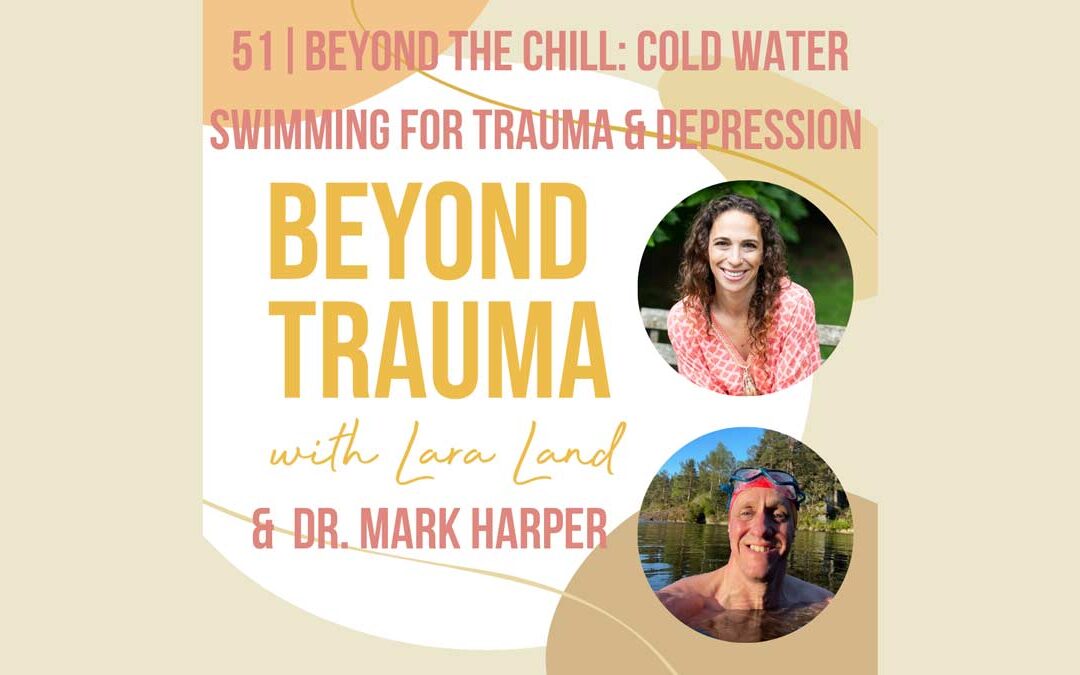In the quest for mental well-being, unconventional methods often unveil surprising benefits.
One such practice gaining traction in therapeutic circles is cold water swimming. Far from just a bracing dip, this immersive experience holds profound implications for those grappling with trauma and depression.
The Science Behind the Chill
Dr. Mark Harper, a leading researcher in the field, has shed light on the physiological and psychological mechanisms at play during cold water immersion. His work emphasizes the interaction between cold exposure and the body’s stress response system. When we submerge ourselves in icy waters, the shock triggers a cascade of reactions, including the release of endorphins and other mood-regulating neurotransmitters.
Navigating Trauma
For individuals navigating the treacherous waters of trauma, cold water swimming offers a unique form of solace. Trauma, with its deep-rooted effects on the nervous system, often manifests as a persistent sense of disconnection from oneself and the world. The shock of cold water immersion can serve as a potent disruptor, jolting individuals out of rumination and into the present moment.
Dr. Harper’s research suggests that the intense sensory experience of cold water swimming can interrupt the cycle of intrusive thoughts and flashbacks common in trauma survivors. By grounding individuals in their physical sensations, it provides a tangible anchor amidst the turbulent seas of emotional distress.
Combatting Depression
Depression, with its relentless grip on the mind, can feel like wading through murky waters with no shore in sight. Yet, emerging evidence indicates that cold water swimming may hold promise as a complementary intervention for depressive symptoms.
The cold shock response triggers the release of noradrenaline, a neurotransmitter associated with alertness and mood elevation. Furthermore, the rhythmic breathing and meditative qualities of swimming foster a sense of calm and inner peace. Over time, regular practice may contribute to improved mood regulation and resilience in the face of depressive episodes.
A Journey of Resilience
Embarking on a cold water swimming journey is not without its challenges. The initial shock of immersion can be daunting, and the icy embrace of the water may elicit discomfort. However, as Dr. Harper’s research underscores, it is precisely within this discomfort that the seeds of healing are sown.
With each cold plunge, individuals cultivate resilience, both physically and mentally. They learn to embrace the discomfort, recognizing it not as a barrier but as a threshold to growth. As they emerge from the depths, invigorated and empowered, they carry with them a newfound sense of agency over their well-being.
Could Cold Exposure Work For You?
In the latest episode of the Beyond Trauma Podcast, Dr. Harper and I discuss the connection between inflammation and mental health and what studies have show about cold water swimming and inflammation reduction. We get into the nitty gritty of how cold the water should be and how long and often one needs to submerge to enjoy the benefits.
Don’t miss beneath the surface dive into the benefits of cold water plunge.


Recent Comments